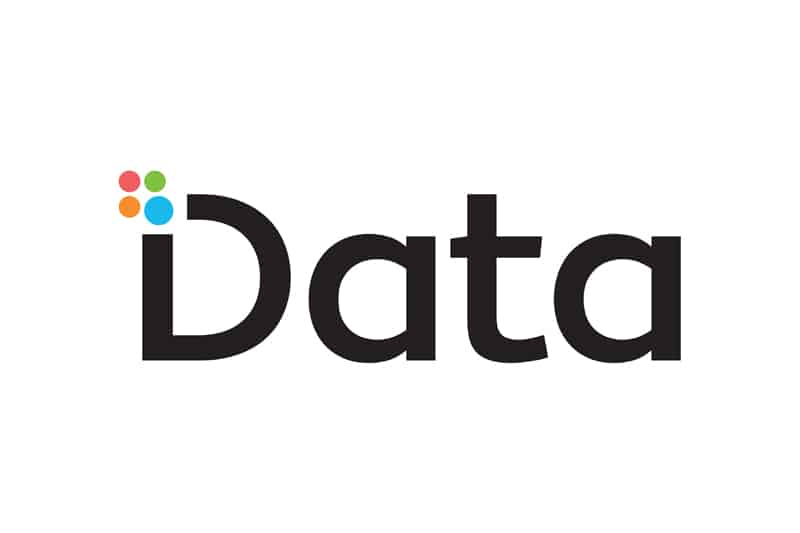Data integration is the process of combining data from different sources and formats to provide a consolidated view of the data. It involves extracting data from various sources, converting it into a standardized format, and loading it into a target system, such as a data warehouse or a data lake. Data integration is performed using special tools and software. Data conversion and data entry services also play a key role in the process.
Special tools and software are utilized for the purpose of data integration. Additionally, data conversion and data entry services, also hold considerable importance in ensuring the smooth execution of the process. The method used will depend on factors such as the complexity of the data, the volume of data, and the speed of integration required.
When is Data Integration Necessary?
Businesses collect huge volumes of data in various forms. Depending on the type of data and its intended use, organizations store data in a variety of systems, including relational databases, data warehouses, big data platforms, cloud storage, legacy systems, and enterprise content management systems. Data integration is necessary when an organization has data stored in multiple systems that needs to be analyzed together to gain a comprehensive understanding of the business.
Businesses need to ensure that this data is being used in the most efficient manner possible. Integrating all of this data is important to ensure that the information is correct, consistent, up-to-date and organized, and readily available for informed decision making. Data integration lays the foundation for various processes, including analysis, reporting, and forecasting.
How Data Integration unlocks the full Potential of Data
Data integration enables organizations to unlock the full potential of their data. Here are the key reasons why data integration is important:
- Provides a holistic view of data: By allowing organizations to combine data from multiple sources, data integration allows them to get a unified and cohesive view of the information. This can help uncover valuable insights and correlations that may have remained hidden if the data was siloed or fragmented.
- Enhances data quality: Integrating data from different sources enables businesses to identify and rectify inconsistencies, redundancies, and errors. For instance, when different departments or even divisions within departments all have access to one another’s data, they can find errors faster and have all information in one place. During the integration process, data cleansing services and transformation techniques can be utilized to improve the overall quality and reliability of the data.
- Drives improved decision-making: Data integration provides more accurate, reliable, and up-to-date, and complete information. This allows decision-makers to use the data to make well-informed choices that drive business growth, efficiency, and competitive advantage.
- Seamless data exchange: Data integration facilitates the smooth exchange of data between various systems and applications within an organization. This seamless flow of data promotes collaboration, enables real-time updates, and enhances operational efficiency.
- Advanced analytics and insights: Integrated data sets are a valuable asset for leveraging advanced analytics techniques like data mining, machine learning, and predictive modeling. Through the combination of diverse data sources, organizations can extract deeper insights, uncover patterns, and make informed predictions based on data-driven methodologies.
- Improves employee efficiency: When data is spread across multiple systems, employees waste valuable time looking for the data they require in different systems. By centralizing important information, data integration reduces the time, effort and money spent on data preparation and consolidation and, improves productivity.
- Regulatory compliance: There are strict regulations regarding data management and reporting in many industries. By consolidating and organizing data in a manner that meets regulatory requirements, data integration helps organizations ensure compliance.
Benefits of Data Integration in a Nutshell
- Accurate, relevant, and up-to-date information
- Data to support better decision making that improves the bottom line
- Streamlines workflows by automating data sharing and eliminating manual data transfers between systems
- Seamless knowledge transfer between systems ensures smooth and efficient sharing of information and expertise.
- Better collaboration between teams using a centralized and unified dataset, which eliminates confusion and reduces conflicts
- Comprehensive, real-time business insights, intelligence, and analytics
- Increases efficiency and ROI by reducing errors, saving time and money, streamlining data management, and improving decision-making
Challenges of Data Integration
Though data integration is highly beneficial for organizations, it comes with several challenges.
As data volumes and sources grow, scalability and performance become challenges in data integration. One major challenge is data quality and consistency. Data from different sources may have varying formats, standards, inconsistencies and errors, which can affect the reliability and validity of integrated data.
Another problem is the complexity of integrating data from disparate sources with varying data schemas, databases, and systems.
Maintaining data security and privacy, and adhering to data protection regulations can also be an issue when integrating data from multiple sources.
Determining data ownership and establishing data governance policies are yet another crucial challenge in data integration.
Data integration often requires dealing with different databases, systems, and technologies. Overcoming such technical complexities and ensuring seamless integration across systems can be a significant challenge.
Fostering collaboration between teams, different departments and even external holders is essential for successful data integration. Organizational alignment and effective collaboration can be a challenge in big organizations.
A combination of technical expertise, robust data management practices, clear governance frameworks, and effective collaboration within the organization is necessary for addressing these challenges. This is where business process outsourcing solutions can play an important role. Experienced companies offer a wide range of services, from data entry, and data cleansing to data conversion, data processing, and more. Outsourcing can help businesses leverage the services of experts in these fields and accomplish their data integration goals.
Are you struggling with data conversion and management challenges? Let us handle it for you!
Start off with a Free Trial -call 800-670-2809 today!




